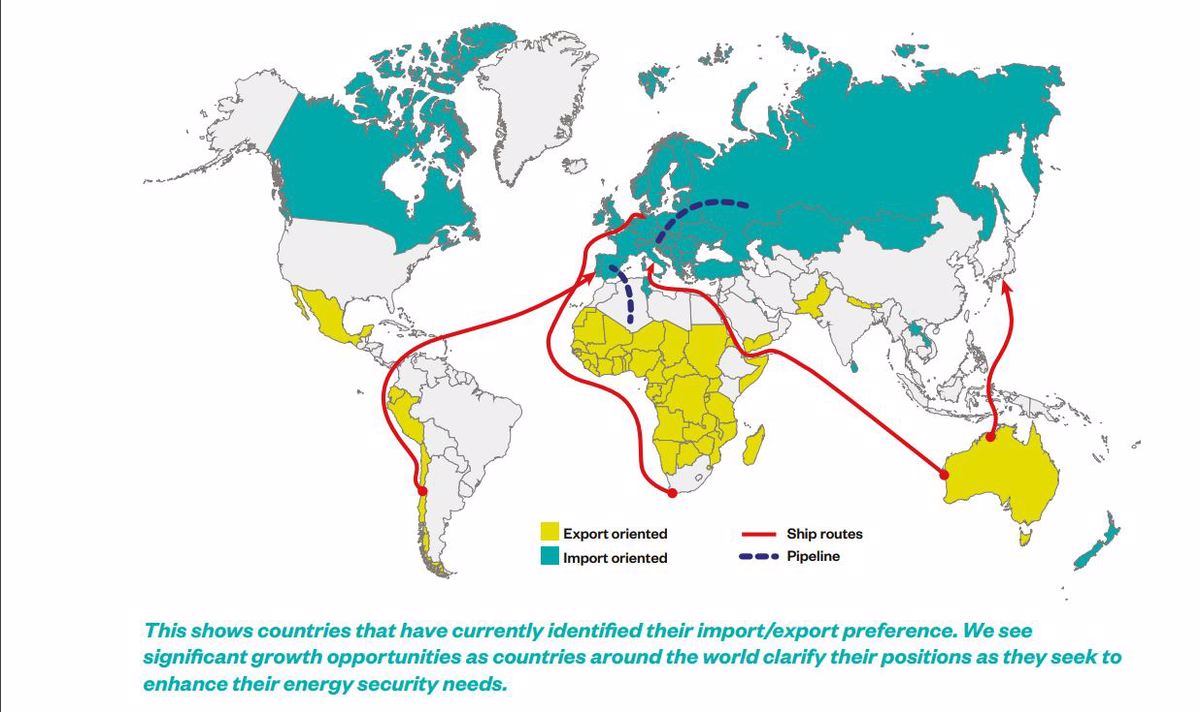Global renewable energy capacity must double for shipping to get a chance at net-zero– study
A new study commissioned by the International Chamber of Shipping (ICS) has found that a complete decarbonisation of shipping will require about 3,000 TWh of renewably sourced electricity.
 PHOTO: Chile, Mexico, Australia and several sub-Saharan African countries have been highlighted for their great potential to produce renewable energy at low costs for export. ICS
PHOTO: Chile, Mexico, Australia and several sub-Saharan African countries have been highlighted for their great potential to produce renewable energy at low costs for export. ICS
That is equal to today’s total global production capacity of renewables – across sectors.
Professor Stefan Ulreich of Germany’s University of Applied Sciences, the study’s author, argues that shipping must be included in international decarbonisation targets if shipping is to have a chance at decarbonising fully.
The study estimates that ships will carry about half of the world’s net-zero fuels by 2050 and goes on to argue that they should have access to consume these fuels. Competition for net-zero fuels is expected to intensify as we move closer to global emissions targets over the next decades.
Global renewable energy production capacity needs to double just to cater to shipping if it goes for net-zero.
This presents a big opportunity for renewable electricity producers, especially for certain countries in the Global South that are highlighted as places with great potential.
Latin American and African countries with abundant access to renewable energy sources like solar and wind are estimated to potentially have a fifth lower production costs for net-zero fuels, the study finds.
“To meet the enormous demand for hydrogen-based fuels in the Global North, production centers in the Global South are urgently needed,” Ulreich says.
Earlier this week, the Port of Rotterdam Authority highlighted Chile and said its access to renewable energy sources makes it ideally placed to become a major hydrogen producer and exporter to Europe and other regions.






